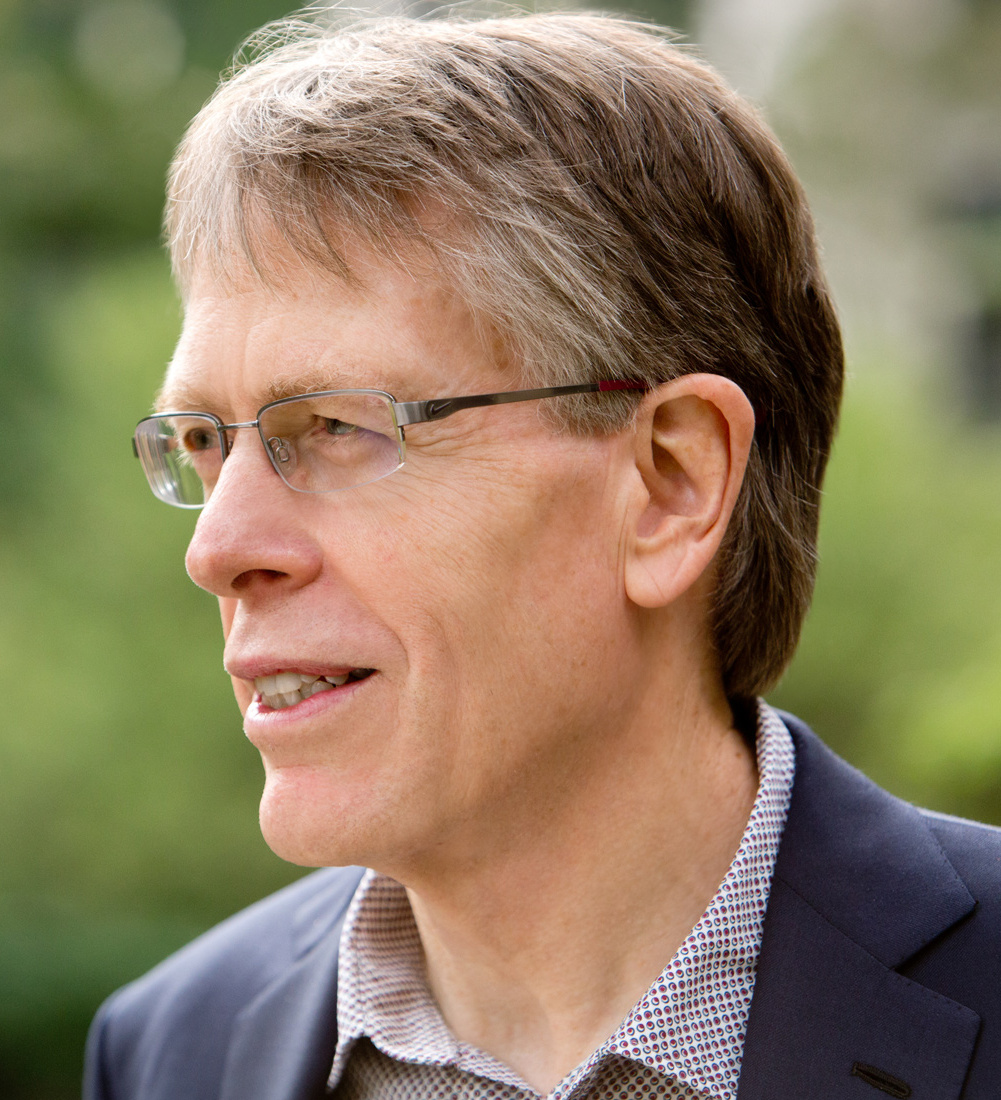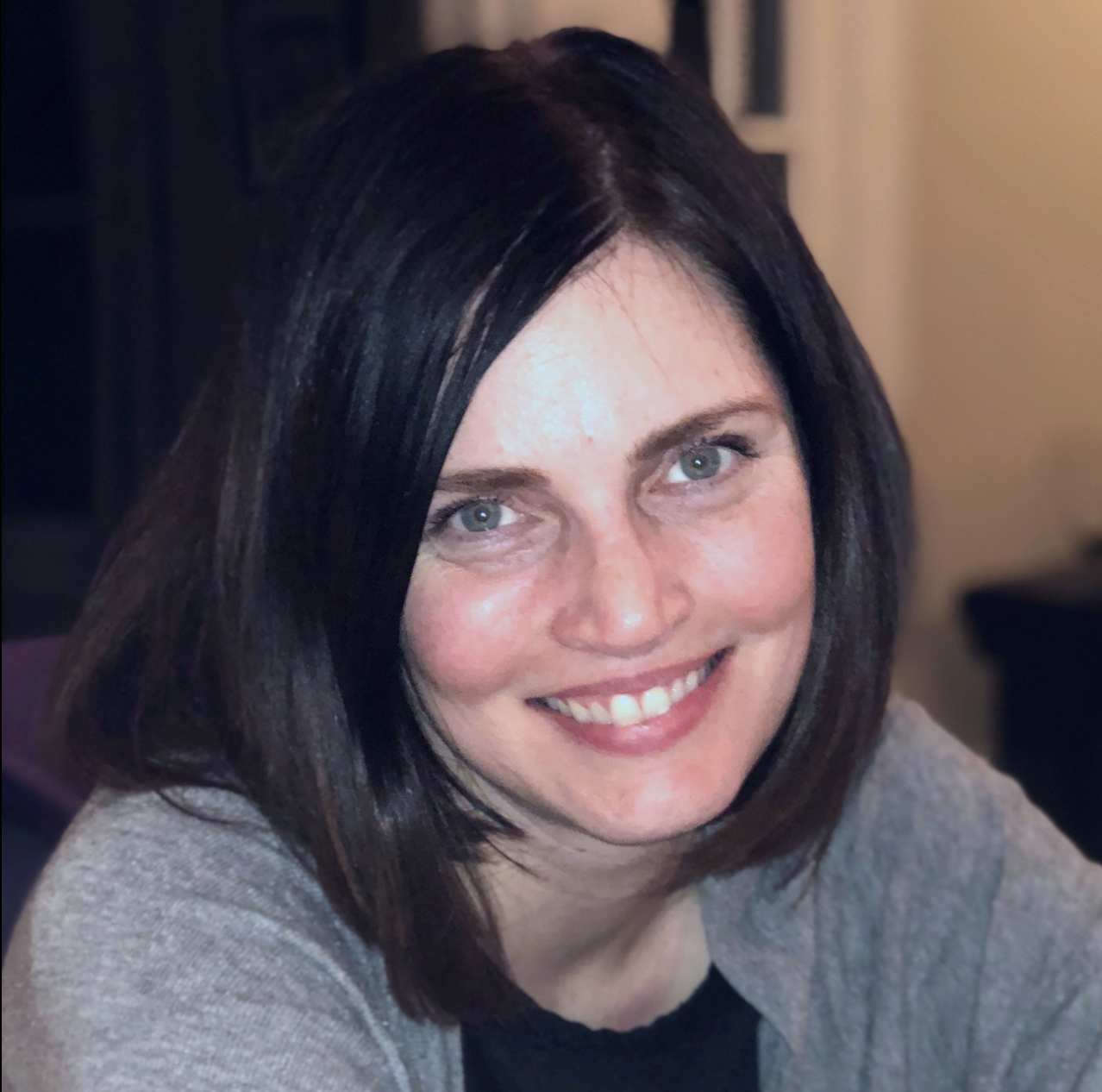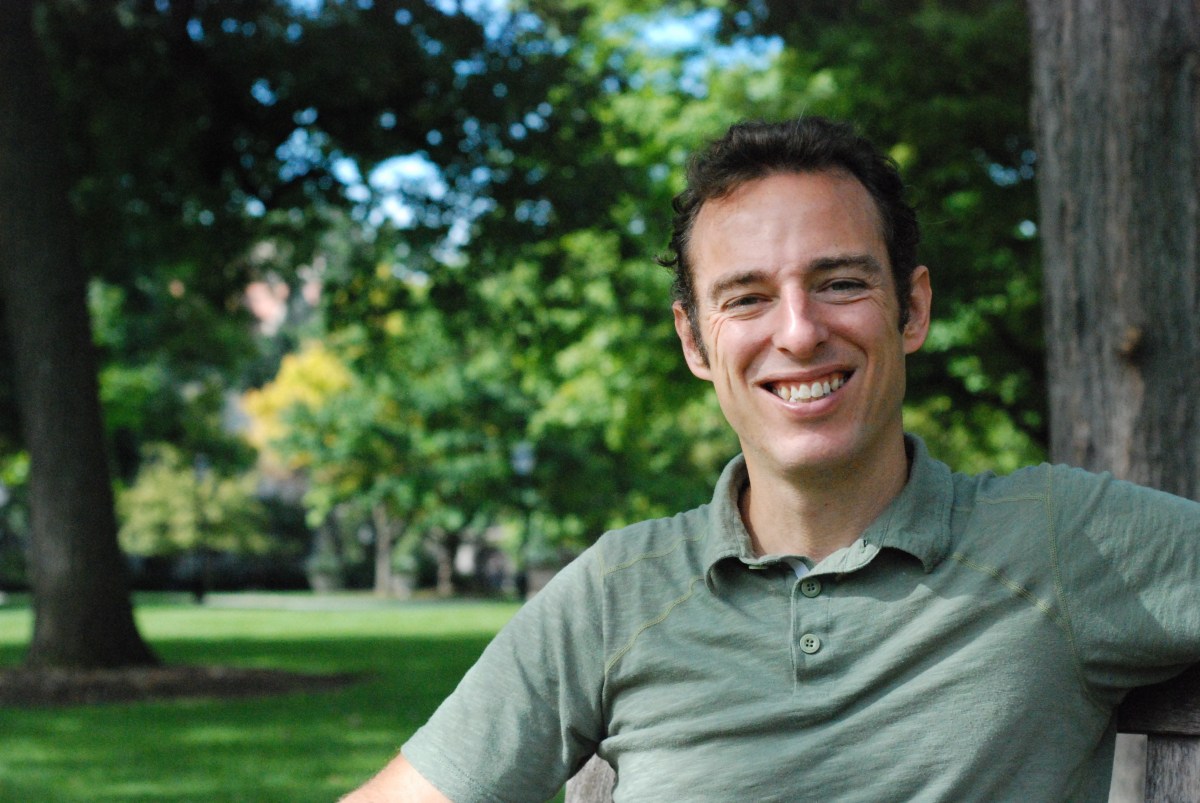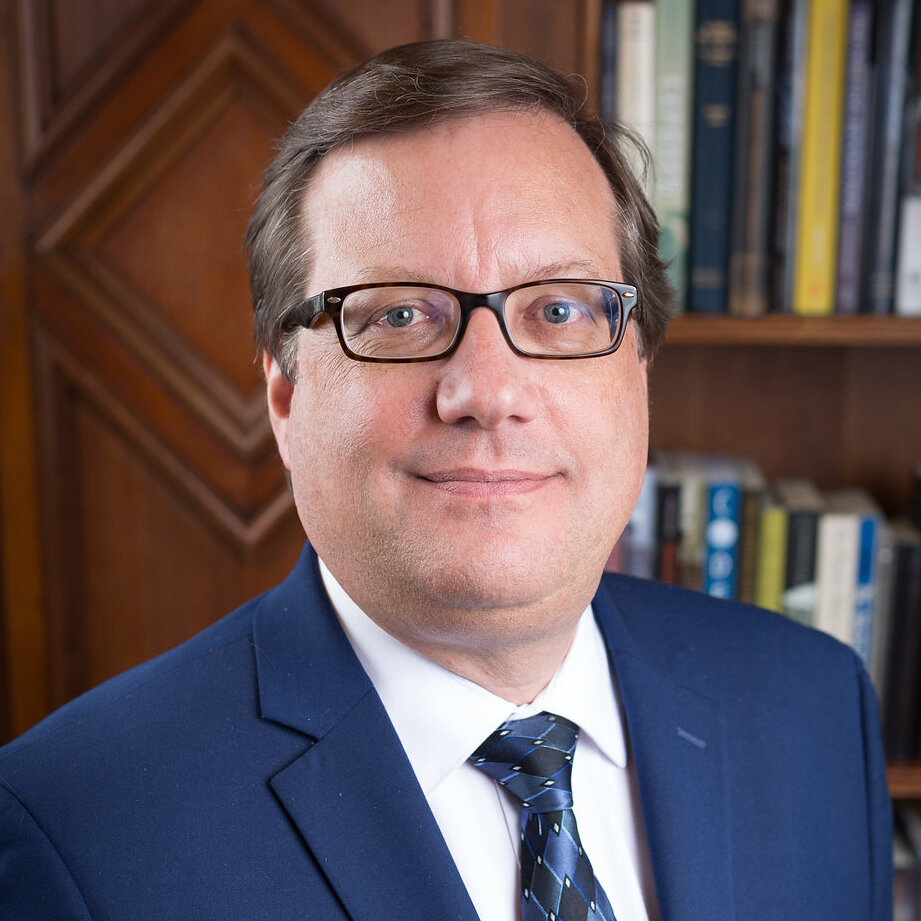
Solving and Analyzing Economic Models with Climate Change
Lars Hansen
David Rockefeller Distinguished Service Professor
Lars Peter Hansen is a leading expert in economic dynamics who works at the forefront of economic thinking and modeling, drawing approaches from macroeconomics, finance, and statistics. He is a recipient of the 2013 Sveriges Riksbank Prize in Economic Sciences in Memory of Alfred Nobel.
Hansen has made fundamental advances in our understanding of how economic agents cope with changing and risky environments. He has contributed to the development of statistical methods designed to explore the interconnections between macroeconomic indicators and assets in financial markets. These methods are widely used in empirical research in financial economics today.
Analyzing our Chicago Motion Database to Create New Stimuli for Neuroscience Experiments
Stephanie Palmer
Assistant Professor
Stephanie studies how populations of neurons collectively encode information present in their inputs and how they perform computations on these signals. The brain performs several classes of computation including signal comparison, prediction, error correction, and learning. To investigate these phenomena, she work with experimentalists on a variety of systems: predictive coding in the retina and visual cortex of the rodent, motion coding in area MT, and temporal coding in the zebra finch song system. From these studies, several general principles have emerged, which guide Stephanie’s current research: the hypothesis that neurons are optimized to predict their future inputs, that information in neural populations is represented combinatorially, and that coding in sensori-motor systems is highly dynamic and behaviorally dependent. By working closely with experimentalists, they constrain and test these theories of neural population coding with detailed measurements.


Get Organized and Share Nicely
Matthew Stephens
Professor
Matthew Stephens’ lab works on a wide variety of problems at the interface of Statistics and Genetics. They often tackle problems where novel statistical methods are required, or can learn something new compared with existing approaches. Thus, much of their research involves developing new statistical methodology, many of which have a non-trivial computational component. People in his lab tend to come from a quantitative background (e.g., Math, Statistics, Computer Science), with varying levels of formal or informal Biology training.
His lab is located in the department of Human Genetics, in recently-renovated computational space shared with the labs of John Novembre and Xin He. The groups interact with one another continuously, with students and postdocs from different groups sharing offices. They think this is a great place to go and do research, and are very proud of what they have going on.
How to Fold a Protein in a CPU-Hour Rather than a CPU-Month
Tobin Sosnick
Department Chair and Professor
Prof. Sosnick received his Ph.D. in low-temperature physics from Harvard University in 1989. He transitioned to biophysics during his post-doctoral training with SW Englander (UPENN) and J Trewhella (Los Alamos National Lab) where he applied hydrogen exchange, NMR and small-angle X-ray scattering methods to study protein folding. During his 23 years at the University of Chicago, his lab has conducted experimental and computational studies of protein and RNA folding, as well as protein design using light-sensitive proteins (optogenetics). He is a strong believer in collaboration, having co-mentored over 25 trainees. Recent collaborations have focused on the folding of membrane proteins, protein phase separation under cellular stress, properties of denatured states, simulations of force-induced unfolding, the design of light-controlled motor proteins, and mechanisms underlying phosphorylation-based signaling. For the past 8 years, Prof. Sosnick has been chair of the Department of Biochemistry and Molecular Biology. In addition, he is the co-founder and co-director of the Graduate Program in Biophysical Sciences, a unique dual-mentored graduate training program involving faculty from both the Biological and Physical Science Divisions.


Managing Diverse Data in Space and Time Using the OCHRE Digital Platform
David Schloen
Professor of Near Eastern Archaeology
David Schloen is a Professor of Near Eastern Archaeology in the Oriental Institute and Dept. of Near Eastern Languages and Civilizations, and also Faculty Director of the M.A. Program in Digital Studies of Language, Culture, and History. His research involves archaeological excavations at Bronze and Iron Age sites in the Middle East, in Turkey and Israel, in order to investigate the social organization and cultural development of the earliest literate civilizations. His early training was in computer science and he has a longstanding interest in the application of computational methods in archaeology and in historical and cultural studies more broadly. This has led to the creation of an innovative computational platform called OCHRE—an Online Cultural and Historical Research Environment—which is currently used by more than 50 research projects at a dozen different universities.
Rethinking Brain Dynamics
Stephanie Cacioppo
Assistant Professor, Department of Psychiatry and Behavioral Neuroscience; Director, Brain Dynamics Laboratory
Dr. Cacioppo received her Ph.D. from the Department of Neurology at the Geneva University Medical School (Switzerland) and the Department of Psychology at the University of Savoy (France) in 2004. She currently serves as an Assistant Professor of Psychiatry and Behavioral Neuroscience, The Division of Biological Sciences, at the University of Chicago and directs the Brain Dynamics Laboratory at the Center for Cognitive and Social Neuroscience (CCSN). Author of two books and more than 120 scientific articles (current h-index: 39), her general research area is at the intersection of social neuroscience, medicine and cognitive pyschology in health and neurological disease.
